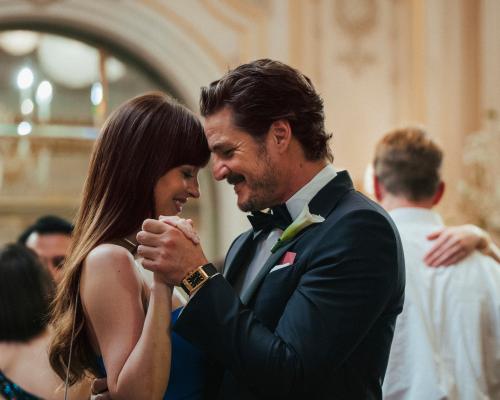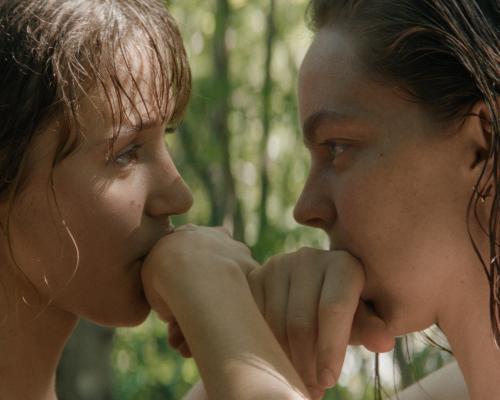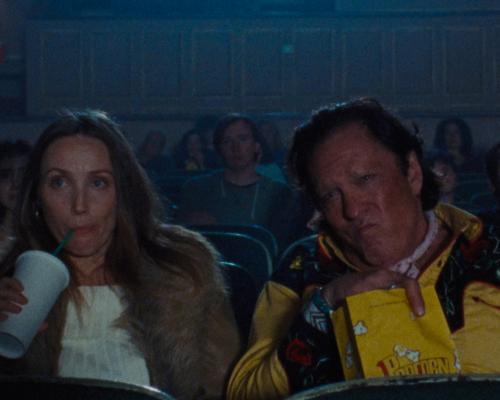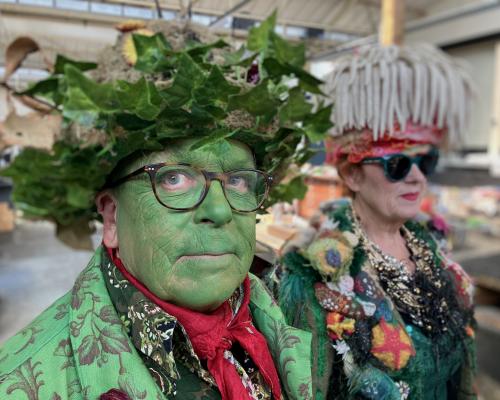
Say you are a single woman in New York and you are, in the words of the song, torn between two lovers: two handsome, intelligent, nice guys – one very poor and one very rich. All things being equal, who do you go for? The answer in real life is very different, in fact diametrically opposed, to the answer in a film. Few movie heroines have the candour of Jane Austen’s Elizabeth Bennet in Pride and Prejudice, who admitted to falling in love with Mr Darcy on seeing his beautiful grounds at Pemberley.
But this is the choice, which never quite ascends to the state of a dilemma, in this charming and watchable – yet for me somehow anticlimactic – romantic comedy-drama from South Korean-Canadian film-maker Celine Song: a love-triangle confection to follow the much realer, truer love triangle of Song’s much acclaimed debut Past Lives. When the decision is made, the final act has an almost morosely elegiac mood, as it must, as various speeches and set pieces reconcile its rather trudgingly earnest direction of travel with the witty, savvy materialism of the movie’s premise.
The scene is, of course, Manhattan where Lucy, played by Dakota Johnson, is a matchmaker, arranging dates and introductions for professionals who want to get married or, in fact, to settle. The movie begins varnished with a commercial glaze of luxury, that aspirational state of material wealth that marriage underpins and which no one apologises for wanting. Lucy is about to pull off her professional and personal masterpiece; she is unofficial guest of honour at the chi-chi wedding she has masterminded for a tremulous female client who has bagged a rich financial guy. The groom’s unmarried straight brother is hedge-fund manager Harry, played by Pedro Pascal: tall, well built, sophisticated, rocking a non-rental tux, clearly very rich and very interested in Lucy personally. He’s basically a nice, non-psycho version of American Psycho’s Patrick Bateman. In fact, for much of the early stages of the film, the dialogue does have something of Bret Easton Ellis: observations about wealth exchanged on a level of murmuringly subdued rational calm. No one is trying to be funny. This is just the way it is.
But just as Harry is putting the moves on Lucy at the reception, her ex-boyfriend John (Chris Evans) serves her a drink. Humiliatingly, he is a failing actor reduced to side-hustling as a waiter for a catering company, still sharing a chaotic apartment with three other appalling losers in their 30s. And so Lucy’s relationship with the glamorous and stylish Harry proceeds in parallel with this bittersweet and inconvenient reconnection with the broke, lovable (and hot) John – flashbacks reveal that Lucy, now a supercool professional, was once much more vulnerable and emotional with John.
The film does not play one suitor off against the other; there is no Mark Darcy/Daniel Cleaver-style punch-up. They are mutually respectful and both supposed to be worthy of Lucy, though Harry does have a certain secret that will have audiences doing some Googling after the film, a secret so startling on its own terms that its vulgar metaphoric potential didn’t occur to me until much later.
Song was herself, she has revealed, once employed as a matchmaker. Unlike Lucy – who tells her clients she can’t just magically produce ideal mates or, like Dr Frankenstein, build them – Song can effectively do exactly this in her imaginary world, and place Lucy with an ideal man. The idealism replaces the materialism; the romanticism that comes with it is subdued.
• Materialists is in UK and Irish cinemas from 13 August







